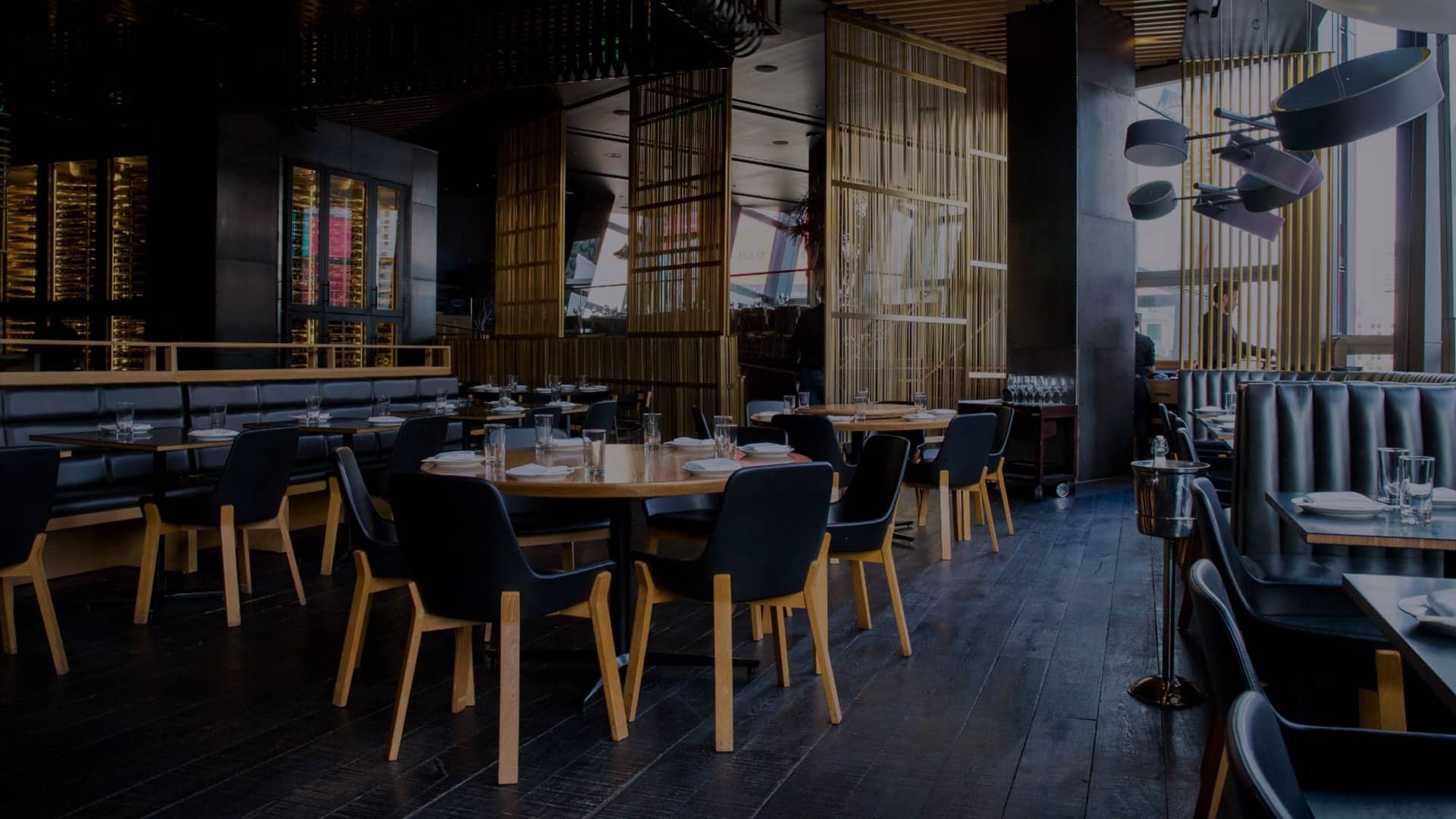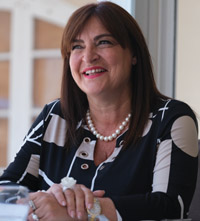
An in-depth analysis of ACE’S Horeca Results

Exploring Maltese Wines: A Journey Through Terroir, Tradition, and Innovation
March 4, 2024
Denis Jin Young L. – A Journey with a Seasoned Consultant
March 8, 2024The council for the Association for Catering Establishments on the 25th of September presented their in depth survey (effected by Sagalytics) which clearly outlined the fact that, contrary to public perception; restaurateurs are working hard to earn a pittance in net profits. This survey had 400 respondents owning 769 restaurants, 29.1% of the MTA’s Database.
The salient points of the outcome of this survey highlighted by Crowe is the fact that purchases of supplies (Raw Materials 23.6% & Beverage Supplies 17.4%) is 41% on sales excluding VAT.
Labour cost on Sales excluding value added tax is 31.3%. Commercial property cost on those renting their location is 11.6% while cost of Utilities is that of 8.7%.
The pre-budget document highlighted a variety of statistics. Visit Malta has a licensing database of 2,636 catering establishments, and an additional circa 400 licensed with the Trade Licensing Unit. These employ over 30,000 staff members which is 10.2% of Malta’s aggregate employment total of 291,000 according to recent data issued by the National Statistics Office.
Another interesting note is the fact that in 22 of the 27 EU Member States, their VAT on accommodation is identical to that of ‘food sales’. The 8 EU EU Member States who Malta is currently competing with on the tourism front, have the highest VAT rate at 18%, with the likes of Croatia at 5%, France 6%, neighbouring Italy 10%. All Mediterranean member states excluding Portugal have an identical VAT rate in accommodation as their restaurant food rate; even though this rate is still lower than Malta’s.
Regretfully the public in general fail to consider the uphill struggle restaurants in Malta are faced with, before comparing us with our Mediterranean counterparts. As stated above we face a serious value added tax handicap in comparison to all other Mediterranean countries. A determining factor is the fact that unlike the countries we are compared with and their respective restaurants’ price indexes, 70% of our purchased stocks are imported, while the likes of Italy it is 8.9%, France 9.1% and Croatia is 11.1%.
ACE felt that the time was right to give due consideration to the VAT reduction proposal, to possibly mitigate the inflation challenges the industry is facing ever since the hike in pricing since the start of the Ukraine conflict.
A positive measure was the extended subsidy on energy rates, which insulated the restaurant industry which is heavily dependent on such costs as the above 8.7% figure clearly outlines.
I will conclude by mentioning the Skills’ Card topic. In principle ACE is in favour of the mission statement of this initiative but feels that a lot of discussions still need to be had before the actual implementation takes place. ACE cannot have yet another cost burden imposed on what is seemingly an already very thin net profit outcome.

Michelle Muscat is currently the President of the Association of Catering Establishments (ACE). An accountant by profession, Ms Muscat previously served as Executive Officer at the Office of the Prime Minister, Personal Assistant to the Managing Director at Salvo Grima Group and Assistant Financial Controller at the Arrigo Group of Hotels Ltd. Within the HORECA industry, she is perhaps best known for her role as owner and manager of Restaurante La Vela located in Pieta
ACE (Association of Catering Establishments) represents a wide spectrum of entrepreneurs ploughing their trade in either of the following commercial outlets: snack bars, cafes, kiosks, casual diners, catering operations located within clubs, fast food take-away, food delivery outlets and fine dining restaurants.
For more information visit https://www.ace-malta.com
Click here to see Horeca Issue 14 online



